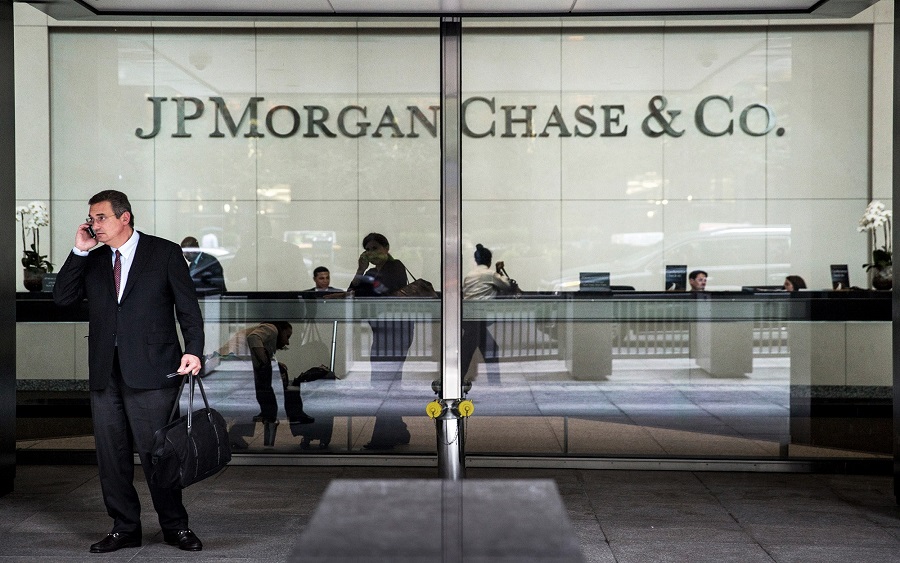Nigeria has lost a $1.7 billion London court case against the JP Morgan Chase & Co for the bank’s role in the transfer of millions of dollars to a former oil minister convicted of corruption.
According to Nigeria, the transactions put JP Morgan in breach of its Quincecare duty, which obliges banks to disregard a customer’s instructions if following those instructions might actually facilitate a fraud against that customer.
But a London High Court judge said no such breach took place in a ruling published on Tuesday.
What you should know
- Nigeria contended in a six-week trial that the US investment bank acted carelessly when it transferred $875 million in payments from government accounts to Dan Etete, a former minister of Petroleum, who had been convicted of money laundering, between 2011 and 2013.
- The case looked into the scope of a bank’s duty of care to its customers and whether it should have stopped payments notwithstanding assurances from government officials.
- Nigeria was seeking damages of around $1.7 billion including interest due to JPMorgan alleged ignorance of “glaring” red flags, including “overwhelming” evidence of fraud and stark warnings from its own compliance staff when it authorized the payments.
- The damages sought include cash sent to Etete’s company Malabu Oil and Gas, around $875 million paid in three instalments in 2011 and 2013, plus interest, taking the total to over $1.7 billion.
- The offshore oilfield licence, OPL 245, was issued to a corporation owned by Etete by Nigerian military dictator, Sani Abacha in 1998. The following Nigerian administrations have fought Etete’s rights to the field for many years until an agreement was achieved in 2011 to end the impasse by selling the field to Shell and Eni.
- However, the judge stated that “with the benefit of hindsight JPMorgan would have done things differently. But again none of these things individually or collectively amount to triggering and then breaching” its duty of care to its client. “
Speaking after the judgement, JP Morgan said, “This judgment reflects our commitment to acting with high professional standards in every country we operate in, and how we are prepared to robustly defend our actions and reputation when they are called into question.”
